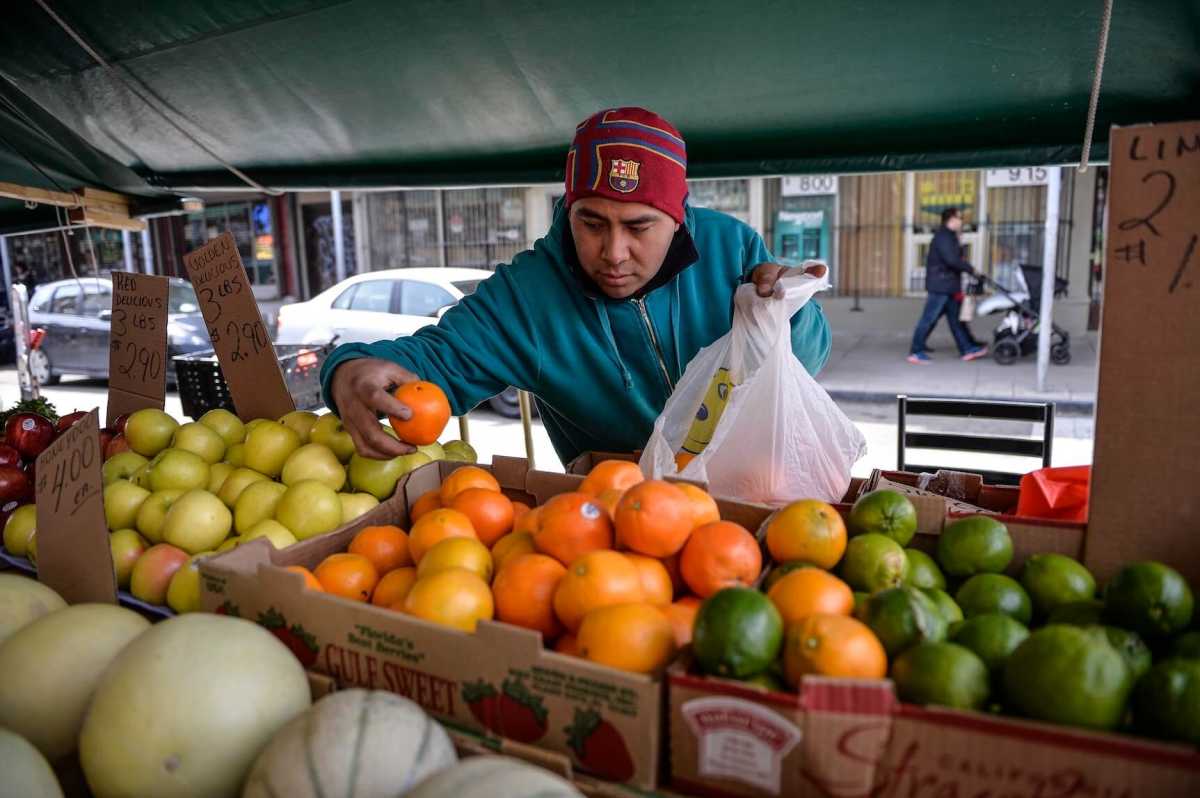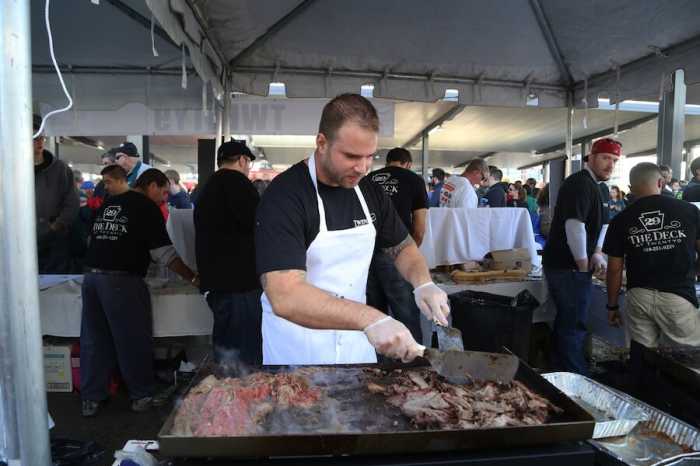It might surprise you to know that while we have been freezing, trudging through slush, and shoveling snow, California has been in the midst of a colossal drought.
It’s gone on for four years, and one California scientist and professor predicts there is only about a year’s worth of water left. Just last week, Gov. Jerry Brown ordered mandatory water restrictions for the first time in history.
Philadelphians, and for that matter the whole rest of the county, are about to pay a price for what nature has wrought.
Food prices and food availability are the issues we’ll face this year.
The thing that amazes me is that nobody is talking about this, even assuming they know about it.
“We are going to see huge price increases,” Phil Lempert, who is based in California and who bills himself as the Supermarket Guru, told Metro.
He also predicted that supermarkets will carry fewer varieties of fresh fruits and vegetables because of the drought.
A very small sampling of opinion at a Northeast Philly supermarket last week produced a kind of crop stoicism.
“There is really nothing I can do about it,” said Moya Johnson, 43, who lives in the Northeast. “We still have to eat.”
Besides, she said, she doesn’t think this will be a permanent problem.
Another supermarket visitor, Bill Leitz, 75, of Upper Darby took a practical approach.
“When the prices go up, you cut back on something else,” he said.
How can one state make such an impact on Pennsylvania and all the rest of the union?
Because while you might think of California as the Golden Gate Bridge, or Hollywood or Malibu and movie stars, it is really about farms.
There are approximately 78,000 farms there, even more than there are starlets in Hollywood.
The farms produced $21.2 billion in annual revenue just from what it sells the rest of us, even more than, say, George Clooney and Julia Roberts have earned combined.
It’s the number one dairy state in the nation – Pennsylvania is number five — and that fact is already adding up to a shortage of organic milk and organic beef in the country, according to Lempert.
The reason? To be organic, cows have to graze on real grass for much of the time, and there just isn’t enough real grass because of the drought.
Penn State expert Jim Dunn, professor of agricultural economics, said California produces some crops that we can’t produce year round — like almonds, which are increasingly popular.
California is the leading producer of the nut, which Dunn called the “new peanut.”
Alas, no water means almond growers are actually ripping their trees out of the ground because they can’t keep them hydrated.
And California grows tons of lettuce, celery, broccoli and strawberries, among other things.
“The big thing is this is their fourth year of extreme and exceptional drought,” Dunn told Metro.
You could try a rain dance, but in the end Leitz offered a sage observation: “The little guy has no control over it.”




























